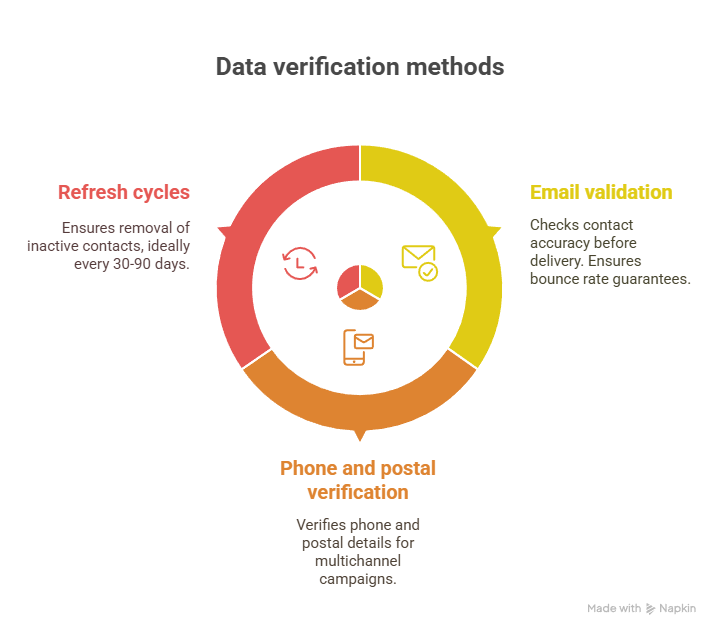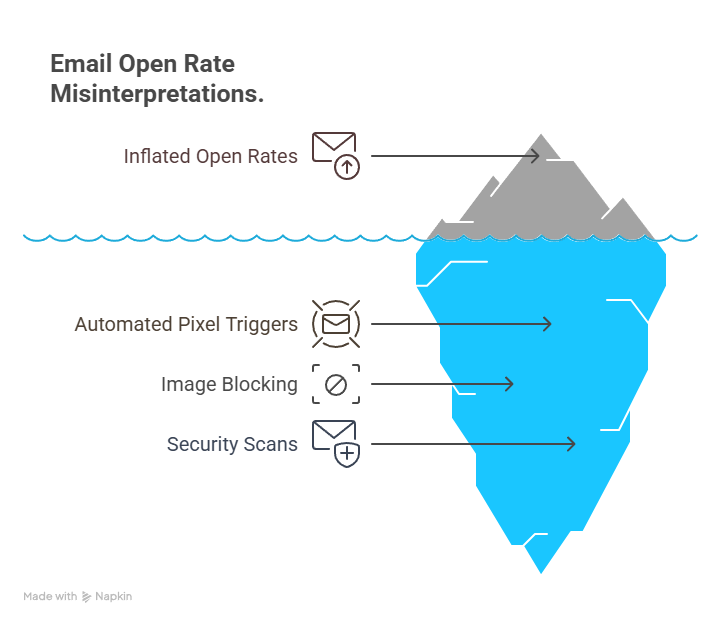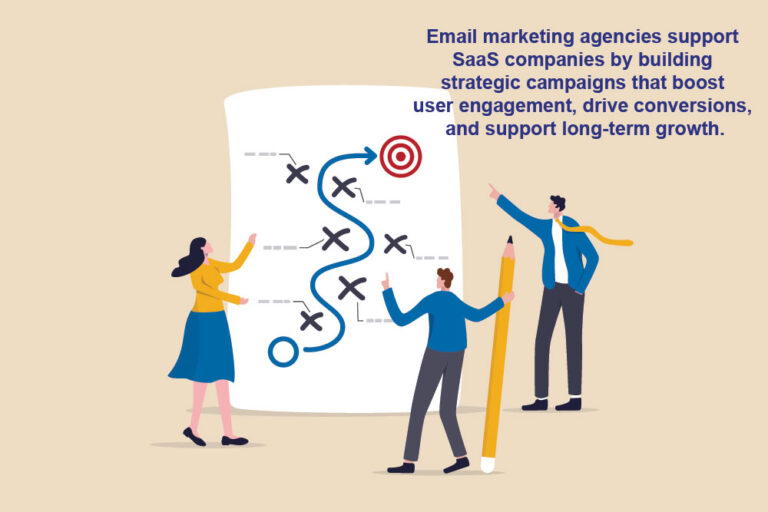Before big data applications identified new planets for astronomers or compiled customer information for marketers, they were creating imaginary realms for computer games. Everything from an alien landscape to the position of the player’s character in this virtual space needed to incorporate massive amounts of streaming data. Technology grew to meet the increasing demand for sophisticated graphics, responsive game-play, intuitive user interfaces and well-designed characters.
Take a few lessons from one of big data’s earliest applications and learn what games and game design can teach us about how data informs marketing.
Lag Is the Enemy
For players, nothing is more frustrating than lag, the gap between when they send commands to the game and when the game responds. If you’re directing your character to swing a sword at a dragon or fire a laser pistol at an enemy alien, you’re in trouble if it doesn’t happen. Companies also suffer when marketing programs are unresponsive. With marketing automation, you get dynamic feedback in real time about how readers respond to your campaign instead of waiting out the lag time between testing and delivery for email, landing pages and other time-sensitive marketing content.
Worlds Don’t Have Borders
Older games only allowed characters to move in certain ways and perform certain actions. Computing power just didn’t allow players to direct their characters to explore the way they can in modern games and instead penned players in with invisible boundaries. Those invisible walls were the in-game representation of the limitations of processing power. Now that games can handle massive streams of information smoothly, they no longer keep players on rails. Outdated marketing software segregates data instead of integrating it to give it greater relevance and predictive power.
Parties Are More Fun
The biggest revolution in computer games was the rise of the massively multi-player game. In these game realms, thousands of players can interact with one another and not just the game’s environment, forming parties and teaming up to tackle bigger enemies. Characters that form parties let players specialize in one task instead of trying to do everything themselves. Integration also benefits marketing software that pulls together data from disparate channels to form a more comprehensive customer profile, more effective lead scoring system or analytics that reveal relationships that siloed systems never could.
A Great User Interface Matters
Another thing big data changed for games is the user interface. Older video and computer games had fixed UIs that limited how players interacted with the game. Buttons and panels weren’t interchangeable or customizable because game developers only had a small amount of computational power to work with; they would have used half the game’s memory just to let users move action bars and buttons. In modern games, customizable and intuitive UIs aren’t just a luxury but an essential component. Marketing automation software likewise lets users define how they want to interact with the system, what analytics they want to see and how they want content delivered.
Content Is King
Games succeed and fail on the strength of their content. Beautiful graphics, a sleek UI and interesting character design mean nothing if users find no compelling story. They need a constant stream of content to keep them interested in playing, especially in massively multi-player games that never end. To keep up with that demand for new game content, designers must constantly release new expansions, quests and dungeons to explore. Marketing is equally content-hungry, and companies must deliver a steady stream of relevant, interesting content to promising prospects to move them along the sales pipeline. Coordinating that content is a massive job whether you’re a game designer creating a new World of Warcraft raid or a marketing specialist working on a new campaign. Having software tools to orchestrate the development and distribution of content is essential.
© Reach Marketing LLC 2015 All Rights Reserved.




